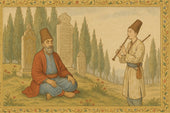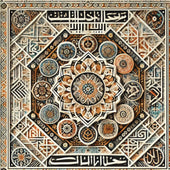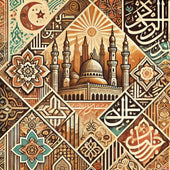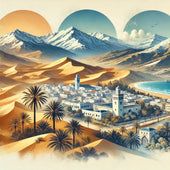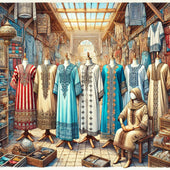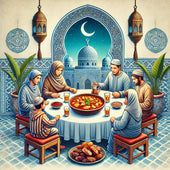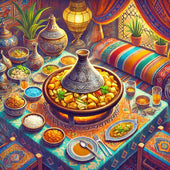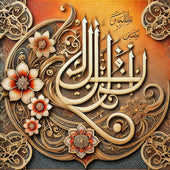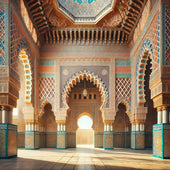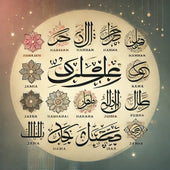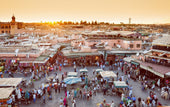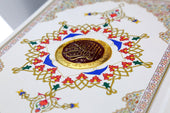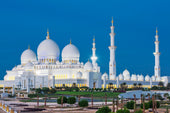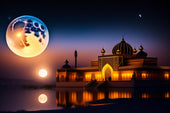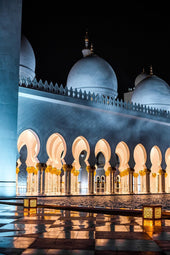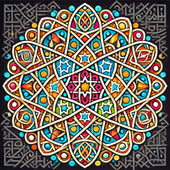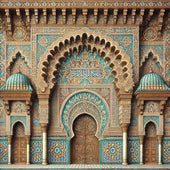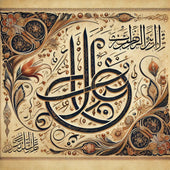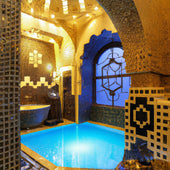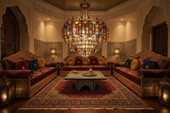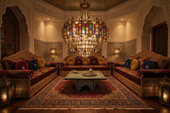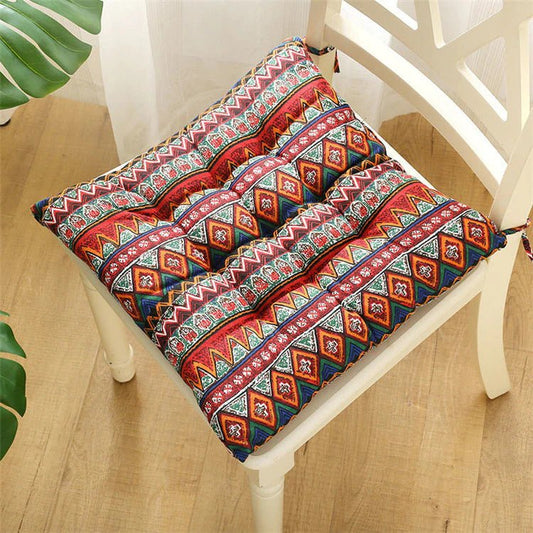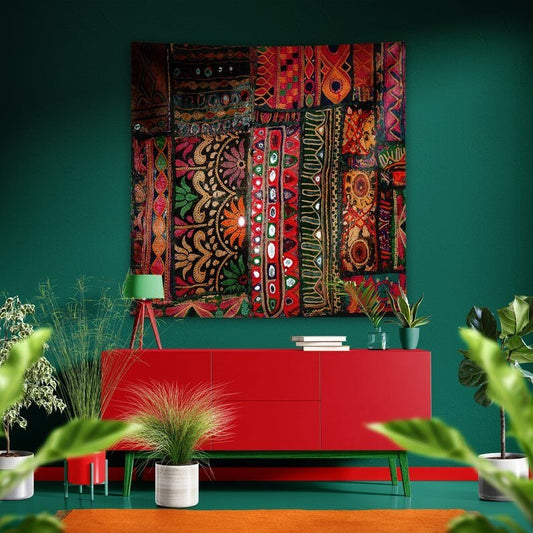Algiers, nicknamed "La Blanche" because of its immaculate buildings that shine under the Mediterranean sun, is a city with a thousand facets. For centuries, this thousand-year-old city has been the crossroads of many civilizations, thus offering an unequaled cultural and architectural richness.
A little history
Phoenician origins
The origins of Algiers go back to the foundation of the city by the Phoenicians, these great navigators and traders of Antiquity. This ancestral past gave it a first impulse towards cosmopolitanism.
Ottoman influence
After the Phoenician era, Algiers was influenced by several powers, notably the Ottomans. Under their reign, the city was enriched with magnificent palaces, mosques and mausoleums which still testify today to this prosperous period.
The White City: Architecture and Urbanism
The Casbah, jewel of Algiers
At the heart of Algiers is the Casbah, a labyrinth of narrow streets, white houses and bustling markets. Listed as a UNESCO World Heritage Site, the Casbah is a living witness to the city's tumultuous history.
The architectural fusion
Algiers is a city where East meets West. Moorish, Ottoman, Spanish and French styles come together, giving the city a unique aesthetic. This harmonious cohabitation of various influences makes Algiers a veritable open-air museum.

Modern Algiers: Between Tradition and Modernity
Cultural life
The cultural effervescence of Algiers is palpable. Between festivals, museums, art galleries and theatres, the city offers an array of activities for culture lovers.
A city looking to the future
While preserving its heritage, Algiers is modernizing. Recent urban planning projects seek to reconcile respect for history with the needs of a modern metropolis.
Algiers Gastronomy
Mediterranean flavors
Algiers cuisine is a delight for the taste buds. Influenced by the civilizations that passed through the city, it offers a variety of dishes based on Mediterranean ingredients like olive oil, fish and citrus fruits.
The unavoidable
Among the emblematic dishes, we find couscous, chorba, tajine or even delicious pastries such as baklava and gazelle horns.
Algiers and Nature
The beauty of the beaches
Algiers, being a coastal city, offers wonderful beaches where residents and tourists can enjoy the Mediterranean sun and turquoise waters.
Parks and gardens
The city also has many green spaces, offering havens of peace to its inhabitants. The Jardin d'Essai is an emblematic example of these urban oases.

FAQs
1. Why is Algiers nicknamed "La Blanche"? Due to the dominant white color of its buildings and houses, reflecting the light of the Mediterranean sun.
2. What makes the Casbah so special? The Casbah is a historical witness with its narrow streets, old buildings and unique architecture. It represents the historic heart of Algiers.
3. What are the typical dishes of Algiers? Algerian cuisine includes dishes like couscous, chorba, tagine, as well as pastries such as baklava and gazelle horns.
4. How is Algiers modernizing while preserving its heritage? Algiers combines modern urban planning projects with constant efforts to preserve and restore its historical and cultural sites.


